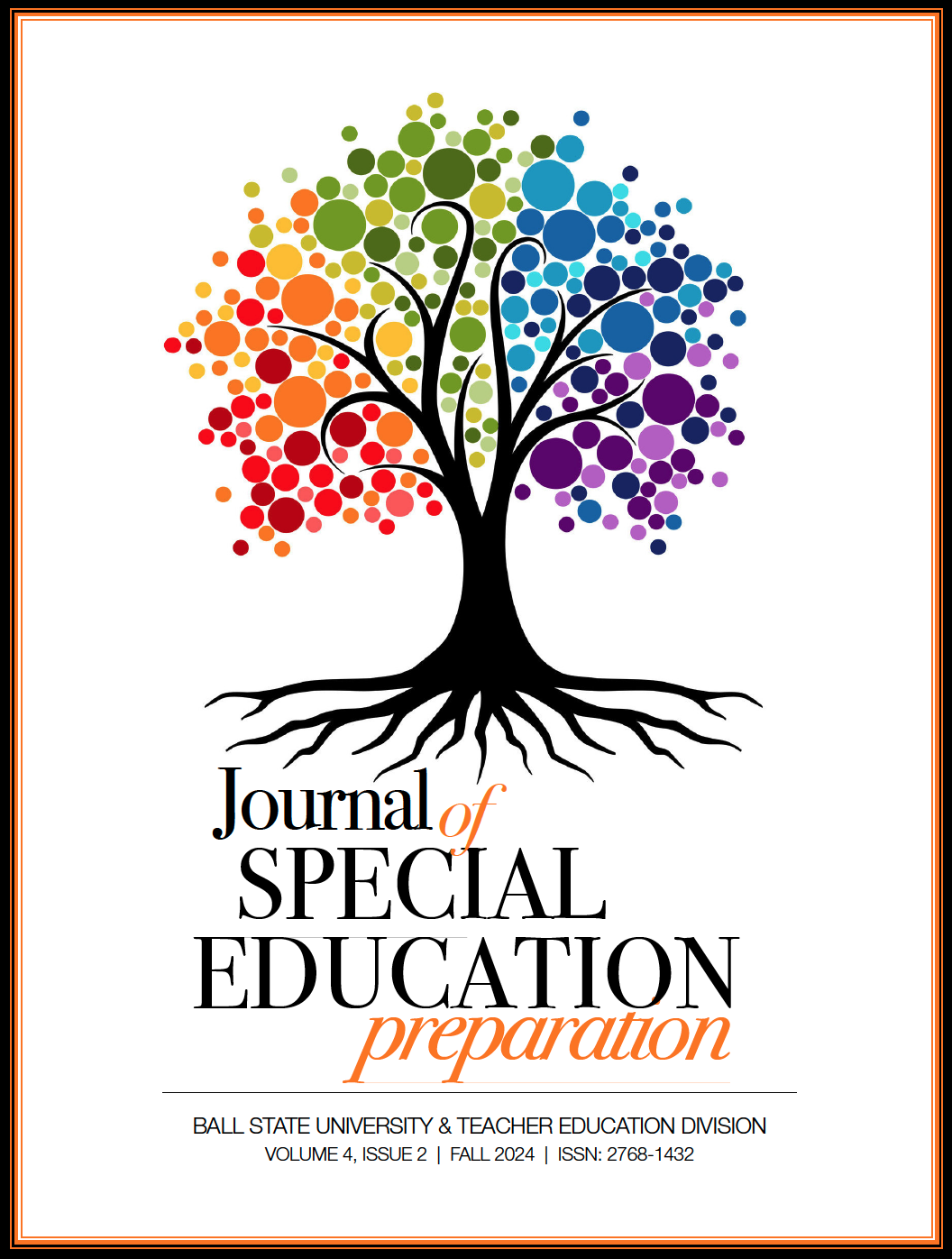Exploring the Integration of Artificial Intelligence into Special Education Teacher Preparation through the TPACK Framework
DOI:
https://doi.org/10.33043/6zx26bb2Keywords:
Artificial Intelligence, TPACK, Special Education, Teacher PreparationAbstract
With the introduction of artificial intelligence (AI), specifically generative AI and large language models (e.g., ChatGPT, Google Gemini), into education, there is a conversation regarding what knowledge teachers still need and will need moving forward. In this article, we describe how AI can, and should, be aligned to the Technological Knowledge, Pedagogical Knowledge, and Content Knowledge (TPACK) framework, as a part of special education teacher preparation. Additionally, we explore the implications of AI on the TPACK framework, specifically how AI can be integrated within each of the three components, specific tools that support each aspect, and guiding questions that teacher-educators and pre-service teachers should be using when considering AI. We will provide teacher-educators with example activities they can use with their pre-service teachers to introduce AI and integrate its use within their curriculum, framed within the TPACK.
Downloads

Downloads
Published
How to Cite
Issue
Section
License
Copyright (c) 2024 Samantha R. Goldman, Adam Carreon, Sean J. Smith

This work is licensed under a Creative Commons Attribution-NonCommercial-NoDerivatives 4.0 International License.

